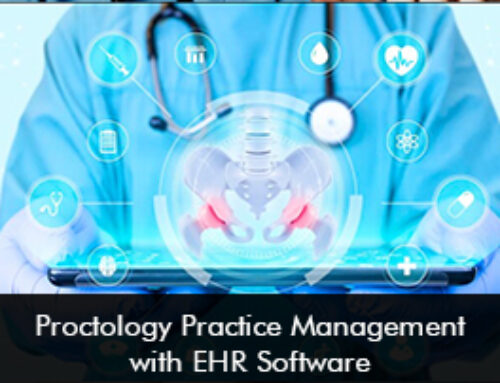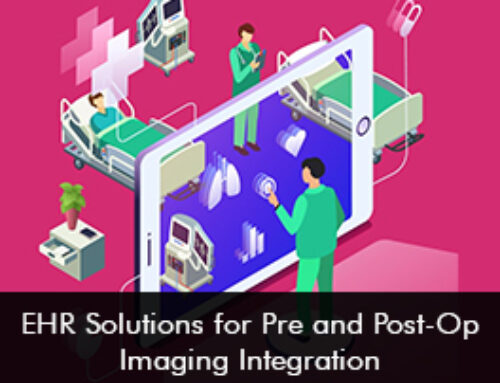It’s time for all the healthcare medical practices to make a smooth switch from paper records to Electronic Medical Records (EMR) software. According to the new law, the practitioners and physicians who are unable to meet the Meaningful Use (MU) requirements in accordance with the Health Information Technology for Economic and Clinical Health (HITECH) Act, will have to bear financial reductions from their reimbursement claims.
Apart from avoiding all these financial penalties, there are many other benefits of implementing Electronic Health Records (EHR) software in your practice.
Benefits of using EMR Software Systems
According to the Health Information Technology (HIT) website provided by the federal government, there are a number of advantages to practitioners who use EHR, EMR and Practice Management (PM) software. Some of those include:
Improved Patient Care
All the patient data and information can be accessed from one place and accessible to all care providers relevant to the particular patient. The information can be accessed through the patient portal within the software. Electronic referrals make it faster for necessary follow-up care to be performed and the doctor to whom the patient has been referred has immediate access to the patient’s information. Medical errors are reduced and prescribing of medications is more reliable and efficient.
Better Patient Engagement
Patients have the accessibility to their own medical records and they can get test results as soon as the results are completed and entered into the EHR. Patient portals allow patients to interact online with their health care provider and they also ensure better patient engagement. This may result in earlier diagnosis and treatment.
Accurate Diagnoses & Treatment
When a doctor has access to the latest healthcare information of the patient, as is available with EMR systems, it results in more accurate diagnosing. The records will include alerts to a patient’s allergies and any adverse interactions with prescription medications.
Improved Patient-Physician Coordination
With the advancement in medical technology and improvement in healthcare IT, patient care often involves teamwork among several practitioners, such as primary care doctors, specialists, physical therapists, nurses, ancillary health care providers, and pharmacists. Using cloud-based EMR software allows each provider to have immediate access to care provided by other practitioners and reduces fragmentation of piece-meal information. It also reduces the repetition of tests and medication errors.
Improved Practice Efficiency
Major cost savings are found in decreasing the amount of paperwork. There is a reduction in the duplication of testing. Using EHR software to send e-Prescriptions (e-Rx) saves time. This way the medical transportation costs are reduced. Paper files to do not have to be managed by retrieving them and re-filing them. The billing EMR software for more accurate billing and coding to reduce problems with reimbursement claims.
Physicians in all practices can reap the benefits of using an EMR software system. Software programs designed for individual specialties that also include billing and coding capabilities are particularly desirable.







